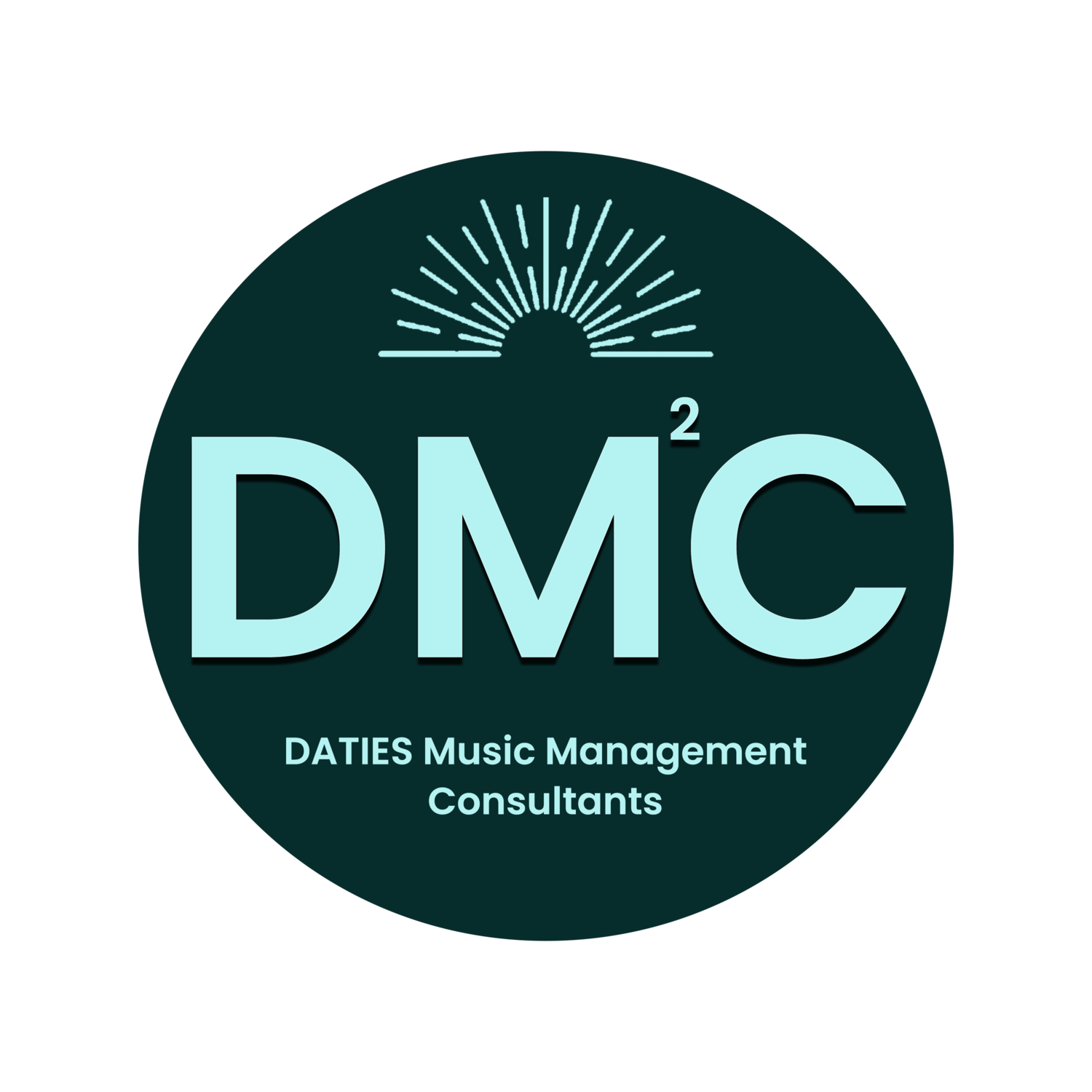Beyond the Buzz: The Real Role of SEO in AI-Powered Search Rankings
Placeholder image highlighting blog on DATIES site, The Real Role of SEO in AI-Powered Search Rankings.
There's no shortage of noise around AI upending search optimization. It's almost too much, too fast at times. However, underneath the AI buzz and shifting search behaviors, classic SEO remains not just relevant but absolutely necessary for long-term visibility.
Google Says: AI Overviews Still Run on Regular SEO
In July 2025, Gary Illyes, Analyst at Google, gave the SEO industry relief, and a reality check. At the Search Central Deep Dive, he confirmed that Google’s AI Overviews use “the same ranking systems as regular search.” In other words: There’s no secret AI playbook, no need for special “AI SEO” tactics, and no requirement for LLMS.txt files.
The bottom line: If your site is optimized for Google’s traditional search, you’re optimized for AI Overviews too.
Quality and Authority Still Rule: E-E-A-T and Backlinks Remain Crucial
Google’s commitment to E-E-A-T (Experience, Expertise, Authoritativeness, Trustworthiness) is stronger than ever. If you want your content to surface in both classic and AI-powered search, focus on these fundamentals:
Know. Your. Audience. Create people-first, well-researched content that matches (or leads) what’s already ranking.
Clean up your site. Invest in technical optimization so your site is easy for Google to crawl and understand.
Authority still matters. Earn high-quality backlinks and citations from reputable, open-access publishers. Stop paying for lackluster links.
Paid and organic traffic alike now depend on content that’s both trustworthy and up-to-date. Remember:
“Content behind strict paywalls is generally excluded from AI training and crawling—meaning even the best-placed story can go unseen by AI if it’s not accessible.”
(Google DeepMind; PRNewsOnline)
Traffic Has Shifted—But Fundamentals Haven’t
It’s true: Many sites report less traffic as users increasingly get instant answers in AI panels and Overview boxes. Search intent is changing; AI can satisfy most needs without a click.
This means:
Your brand needs to be cited or summarized in authoritative sources to grab that prime “AI answer real estate.”
Optimizing solely for clicks is less effective; being seen and trusted by AI is the new awareness game.
One Size Does Not Fit All—Clarify Your AI Platform Targets
Not all AI is created equal.
ChatGPT, Claude, and Perplexity leverage Bing and other data sets, not Google’s SERPs.
Google AI Overviews and Gemini rely on Google’s indexing, crawling and ranking algorithms. And their search summaries won’t always match Gemini chat answers.
Mashing AI output from different platforms can create confusion. For data-driven marketers, clarity around which platform your SEO and content are designed for is essential.
What Should Brands Do Now?
While shiny AI tactics come and go, SEO remains the irreplaceable engine powering both classic and generative search discovery. Don’t get caught up in the AI hype - double down on what actually works for your brand and your audience.
Stay focused on the basics. Quality, E-E-A-T, authority and strong technical SEO still drive results.
Audit and refresh your content. Ensure your best work is available on pages accessible to both crawlers and users.
Build a diversified media strategy. Favor open-access, frequently-crawled and high-authority sources for your earned content.
Monitor AI citations separately. Track Google AI Overviews visibility, ChatGPT mentions, and Bing Copilot citations using tools like SEMRush or similar.
Keep up with us to remain ahead of the game on your digital strategy.


